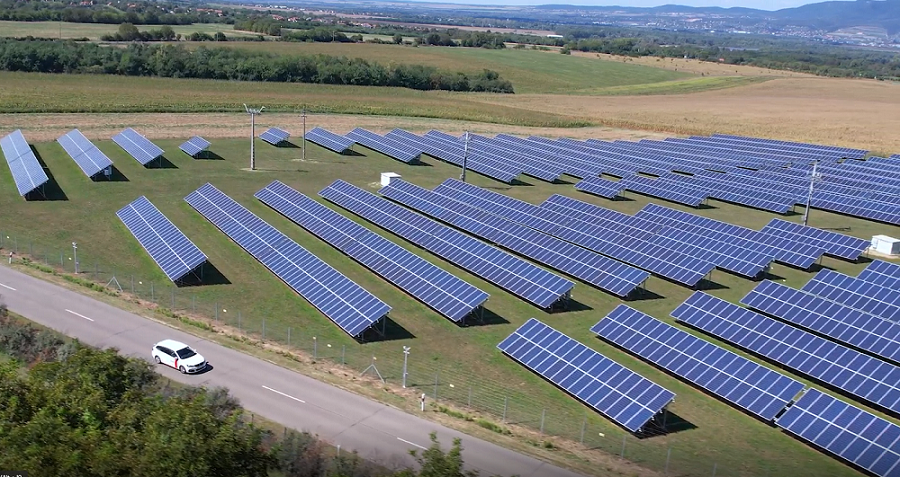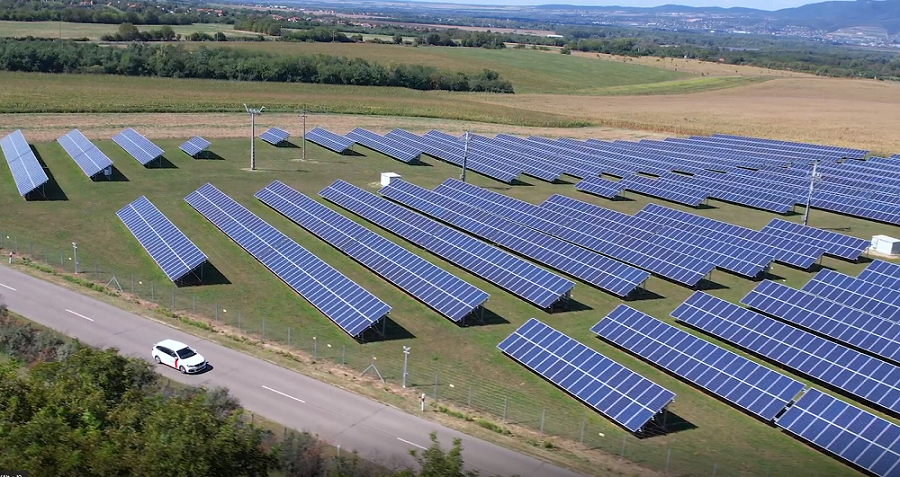Energy Communities can Help in Reducing Energy Dependence

Dr. Róbert Szuchy, Managing Partner, BSLAW BUDAPEST Bocsák & Szuchy Ügyvédi Társulás
Community-based energy production has been present in Europe since the 20th century. In recent years, decentralized power plants using renewable energy sources have also become increasingly involved in energy production and management.
Climate change and growing energy dependency reinforce the European Union’s determination to build a low energy economy while making the energy we consume secure, competitive, locally produced and sustainable.
Following its initial publication in 2016, in 2019, the European Commission finalized the Clean Energy for all Europeans (CEP) package, which sets out the blueprint for achieving carbon neutrality by 2050. As part of the first edition of the CEP package, Directive 2018/2001/EU on the promotion of the use of energy from renewable sources (Renewable Energy Directive: Recast to 2030, or RED II) entered into force in December 2018, defining the concept of Renewable Energy Communities (RECs).
The CEP has the clear objective of clarifying the rights and obligations of individual or collective producer-consumers (prosumers) connected to the network. As regards consumer rights, it provides a framework for developing energy community regulation. Directive 2019/944/EU sets out a renewed market operating model, the main provisions of which have applied in Hungary from Jan. 1, 2021.
Exactly what we can call an energy community is difficult to define clearly, as there are many different forms of community and relationships between community and energy. For example, we could talk about a condominium that installs solar panels on the roof or an agricultural cooperative that puts up wind turbines, or a municipality that creates a jointly owned solar farm and energy storage unit. The activity does not necessarily have to be energy production; it could also be energy storage or distribution.
The actors in such communities can also be very diverse; in addition to natural persons, they include municipalities, non-profit organizations and small businesses. A local municipality can be the promoter of an energy cooperative in its territory or set up a non-profit enterprise to implement an energy community together with residents, small- and medium-sized enterprises, and other local actors.
Regulating Energy Communities
Different practices have developed in the EU member states to categorize and regulate these communities, and EU law has sought to standardize this. The definition introduced by the European Union shows the importance of community ownership and management, the essentially non-profit nature of the operation, and the diversity of energy activities that can be carried out.
In addition to the concept of local energy communities, the concept of renewable energy communities is also found in RED II. The most significant difference between the two concepts is, of course, that renewable energy communities produce energy from renewable energy sources, whereas there is essentially no such restriction in the category of local energy communities.
Under current Hungarian legislation, energy communities have the right to establish a power plant, generate, trade and store electricity, establish a private transmission line, and operate a public lighting system.
As we have seen in the overview of the conceptual framework and the relevant regulations, the European Union has left a relatively large degree of freedom for energy communities to choose the organizational form that suits them best. Hungarian law is more specific in that it specifies two types: the non-profit company and the cooperative, which is considerably narrower. This restrictive regulation can be an obstacle to the development of energy communities.
At the same time, energy communities have the potential to pool and integrate locally produced electricity to achieve genuinely efficient decentralized energy production. It follows that energy communities are the most effective means of reducing energy dependence.
This article was first published in the Budapest Business Journal print issue of June 3, 2022.
SUPPORT THE BUDAPEST BUSINESS JOURNAL
Producing journalism that is worthy of the name is a costly business. For 27 years, the publishers, editors and reporters of the Budapest Business Journal have striven to bring you business news that works, information that you can trust, that is factual, accurate and presented without fear or favor.
Newspaper organizations across the globe have struggled to find a business model that allows them to continue to excel, without compromising their ability to perform. Most recently, some have experimented with the idea of involving their most important stakeholders, their readers.
We would like to offer that same opportunity to our readers. We would like to invite you to help us deliver the quality business journalism you require. Hit our Support the BBJ button and you can choose the how much and how often you send us your contributions.







KO%CC%88NIGSHOFER%20MICHAEL_3zu4_Web.jpg)

KOENIGSHOFER%20MICHAEL_3zu4_PRINT-CUT-SMALLER.jpg)

